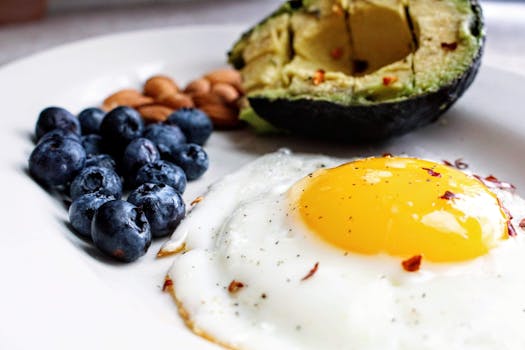Choosing the best protein powder to build muscle can feel overwhelming with so many powders, brands, and bold claims. This guide breaks down types of protein, practical dosing, and which powders suit different goals so you can make an evidence-based choice and support consistent gains.
Best protein powder for building muscle: what to look for
Start by matching a powder’s protein quality, digestibility, and amino acid profile to your goals. Whey is rich in leucine and fast-digesting, making it a common pick for muscle growth. If you want a science primer on what protein does in the body, see this reliable overview: protein basics.
Types of protein powders and who they suit
- Whey protein: Often considered the best whey protein for building muscle because it combines fast absorption with a high essential amino acid content.
- Casein: Slower-digesting, useful before sleep to reduce overnight muscle breakdown.
- Plant-based proteins: Pea, soy, and blended plant proteins can support gains when total daily protein is high enough.
- Egg protein: A middle ground for those avoiding dairy but seeking complete amino acid profiles.
Matching powders to your goals
If your main focus is hypertrophy, prioritize a product with 20–30 g of high-quality protein per serving and at least 2–3 g of leucine. For those after the best protein powder for muscle growth, whey concentrate or isolate are frequently recommended. For people aiming at the best protein powder for weight loss and muscle gain, choose low-calorie mixes with minimal added carbs or sugars and combine them with resistance training.
Beginner-friendly choices
Beginners often ask for straightforward answers: the best protein for muscle gain for beginners tends to be an affordable whey concentrate or a blended plant protein if dairy is a concern. Ease of mixing, taste, and cost per serving matter because consistency is the most important factor for progress. Starting with a reliable whey or a pea/soy blend makes hitting protein targets simple.
Considerations for women and men
Gender-specific marketing can complicate choices. The best protein powder for female muscle gain is not fundamentally different from men’s — women benefit from the same high-quality protein sources and dosing relative to body weight. That said, formulas targeted to women sometimes include added iron or calcium. Likewise, the best protein powder for men may emphasize higher-calorie mass-gain blends; if you’re looking for the best protein supplement for men, focus on protein content and overall calories per serving. For those searching for the best protein supplement for muscle gain or the best protein to gain muscle, prioritize protein quality, serving size, and your total daily protein intake rather than marketing labels.
How much and when
General guidance: aim for 0.6–1.0 g of protein per pound of body weight per day depending on activity and goals. Use a 20–40 g serving of a high-quality powder after resistance training to maximize muscle protein synthesis. The best protein to build muscle is the one that helps you consistently meet those targets across the day.
Special scenarios: weight loss and dietary preferences
For those who want both fat loss and muscle preservation, the best protein powder for weight loss and muscle gain will be low in added sugars and calories but rich in protein per serving. Plant-based powders can work well when combined to form a complete amino acid profile. If you’re managing a specific diet approach, consult a registered dietitian and consider how powders fit into whole-food meals.
Practical tips and product features to compare
- Protein per serving and amino acid profile (look for leucine content).
- Third-party testing for purity and label accuracy.
- Ingredients list—watch for added sugars, fillers, or artificial sweeteners if those concern you.
- Texture and mixability, since easier-to-drink products improve adherence.
If you’re curious how concentrated meal-replacement approaches or short-term shake plans fit into broader dietary strategies, learn more about structured meal plans and clinical approaches at this related article: descriptive anchor text.
Summary: picking the best protein powder muscle gain requires
Think quality, convenience, and how well a powder helps you reach your daily protein target. For many, a reliable whey isolate or concentrate delivers excellent results; for vegans, a blended plant protein can match those outcomes when used properly. Remember that supplements complement—not replace—resistance training and a balanced diet.
- Choose a high-quality protein with adequate leucine per serving.
- Match powder type to dietary needs and training schedule.
- Prioritize consistency: the best protein powder muscle gain is the one you actually use.
FAQ: How much protein after training?
Aim for 20–40 g of high-quality protein within a couple of hours after resistance training; this window supports muscle protein synthesis alongside total daily protein needs.
FAQ: Is whey always best?
Whey is often the most efficient for quick post-workout protein due to its amino acid profile, but plant blends and casein are effective too when overall protein intake is sufficient.
FAQ: What if I want to lose fat while gaining muscle?
Focus on a slight calorie deficit while maintaining high protein intake and strength training. Select a low-calorie, high-protein powder for satiety and recovery, and monitor progress to adjust calories and training.






